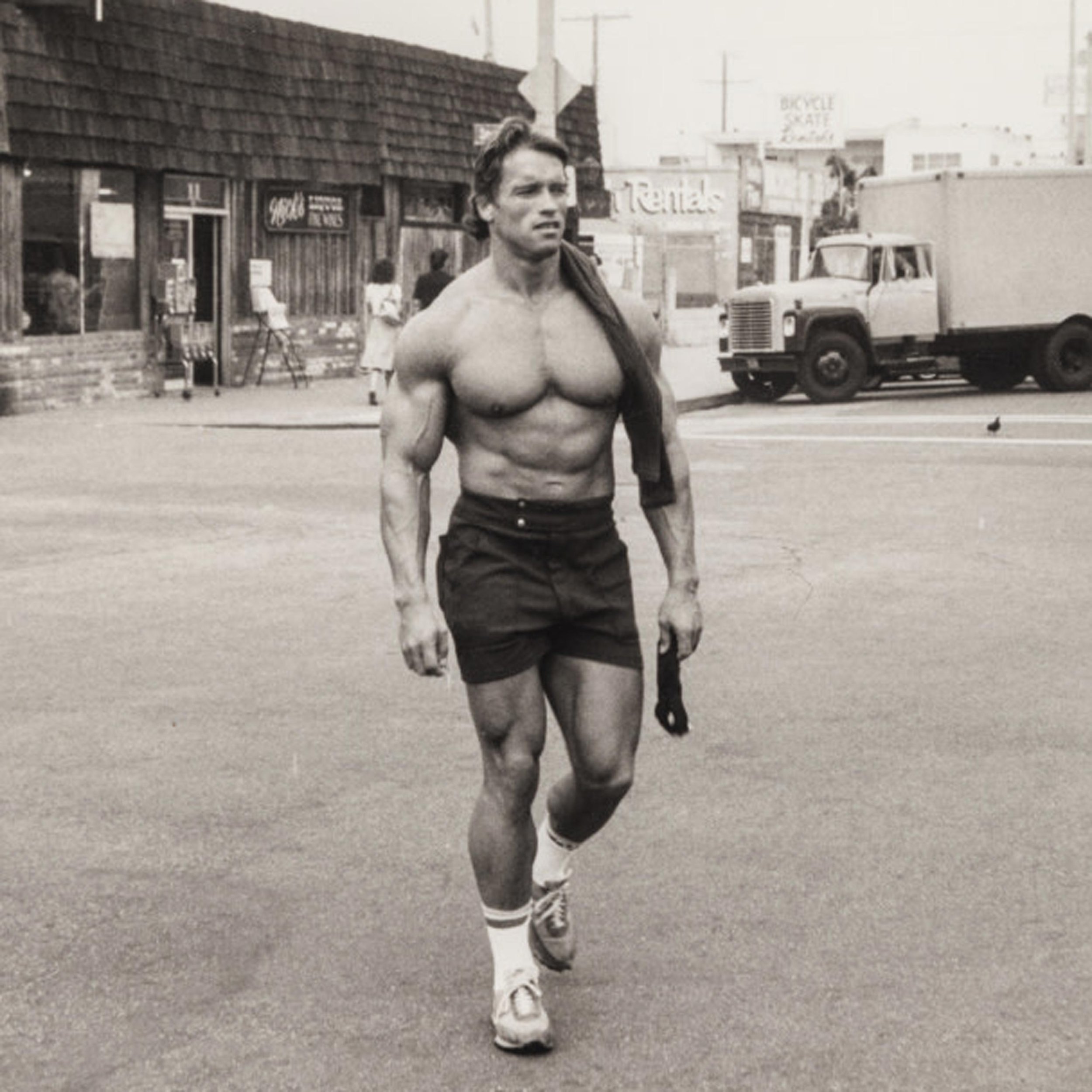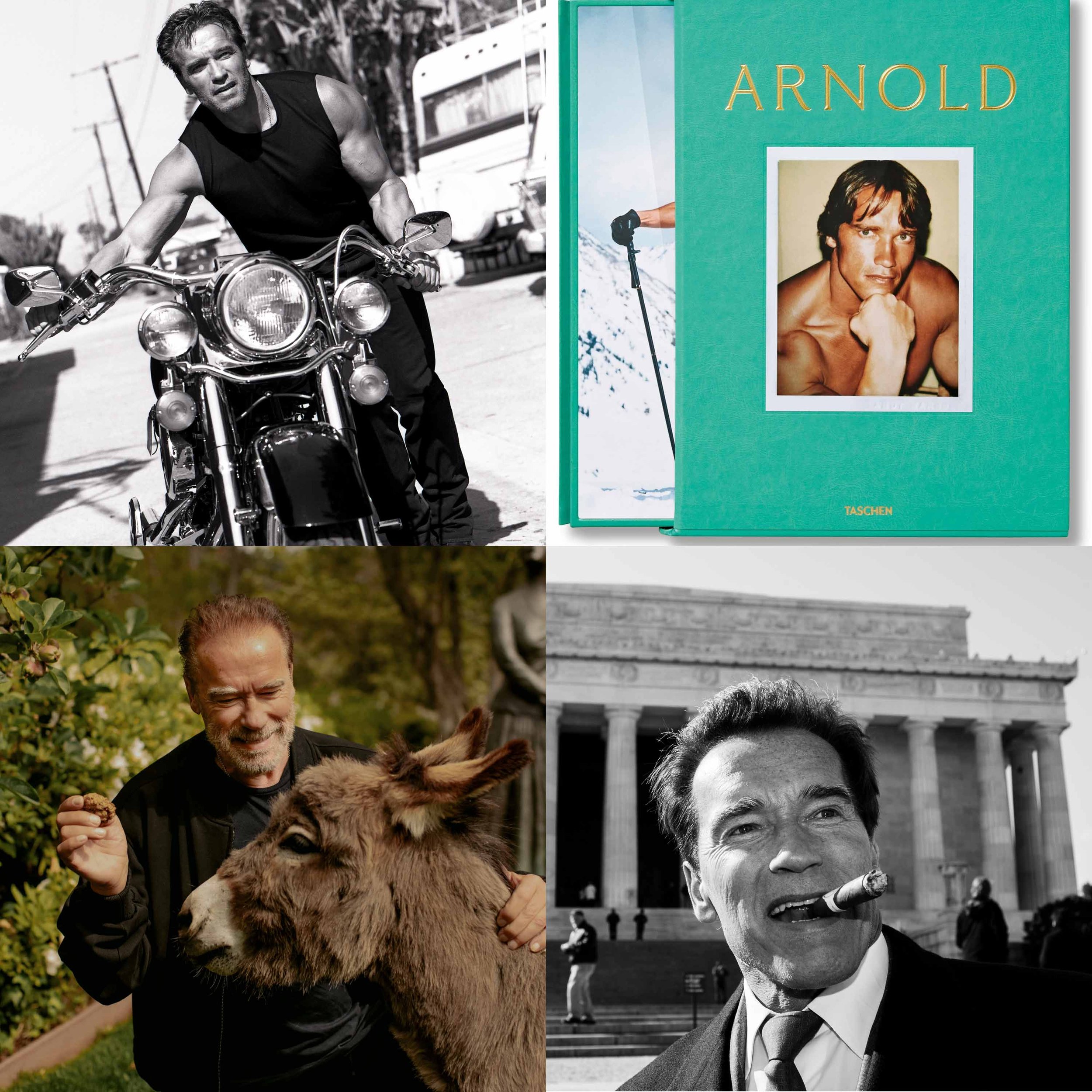RALPH GIBSON - Award-winning Photographer - Leica Hall of Fame Inductee
/Award-winning Photographer
Leica Hall of Fame Inductee · Recipient of the French Legion of Honor
I wouldn't be able to effectively delineate where my life ends and photography begins. They're one and the same. If my eyes are open, I'm seeing. If I'm seeing, I'm essentially in that valence within which, or from within which come the images. In that book, Self Exposure, one of the things I did realize as I was writing it: all autobiographies are chronological and anecdotal. That's the way they unfold. And I realized that there were certain decisions I had made along the way that were crucial. And there was really only a handful of them. But I was very fortunate because I had that initial desire to be a photographer. I don't even know if it was a desire. I think it was something much further beyond that. I would have to say it was more of a...I didn't really choose photography, it sort of chose me, you know. I mean, nolo contendere. I just did what I knew I had to do. There was a sense of devoir, you know, you just do it. Claude Lévi-Strauss the great social anthropologist has made this sort of thing clear: Society changes and with it the context through which we observe something has changed as well. And so I like the role of art in society and my relationship to my society and to art in my society. Now I'm interested in this phase of my life and how does the mind influence the mind?



















